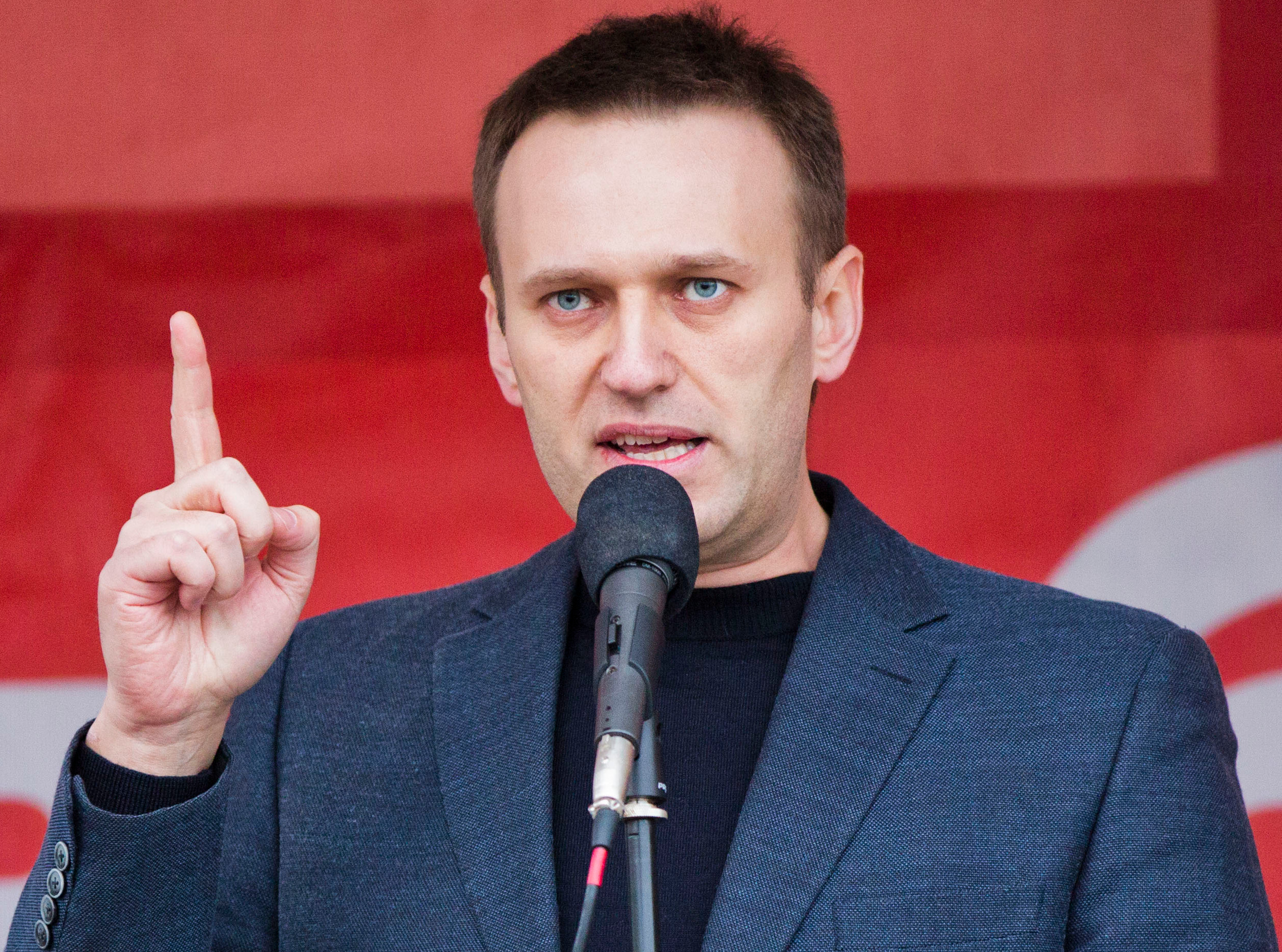
If he sounds like an alternative…
It is important to distinguish between Navalny’s rhetoric and his political agenda. The evolution of his rhetoric, from a sweeping critique of authoritarianism and uncovering particular instances of corruption, to condemning unequal income distribution and attacking oligarchs, has been genuinely progressive. These developments have had an influence not just on Navalny’s supporters, but also on the common sense of the whole protest movement.
If we look at Valery Balayan’s film Huizmisterputin, it is clear that opposition rhetoric as a whole has taken a lead from Navalny’s “populist turn.” In the film, we don’t see any more of the typical liberal dichotomy of the 1990s as a time of freedom, with the 2000s marked by transition to “dictatorship.” Instead, we see a critique of the entire post-Soviet political-economic order, and its basis in the expropriation of wealth from the population. We are shown Putin and his late mentor and former mayor of St Petersburg, Anatoly Sobchak, using the Russian economist and politician Yegor Gaidar as a front to sell national assets abroad as early as the 1990s.
Another example of this shift in the protest movement’s overarching common sense is found in protesters’ “mass consciousness.” Interviews conducted by the Laboratory of Public Sociology at the most recent protests show that the rhetoric of ordinary protesters has shifted towards social issues. We hear in these interviews the same kinds of phrases used back in the May 2012 Bolotnaya Square protests in Moscow—the country needs a turnover of who is in power, honest elections, and independent courts, along with which the solutions to other problems will fall into place—but that rhetoric no longer seems so dominant. Young people are openly critical of the social system that has emerged in the Russian Federation, where they see a minority who “have everything, while the majority have nothing.”
When asked about the main issues facing the country, many of the interviewees answered: low pensions, unemployment, lack of a social safety net. It is clear that Navalny’s grassroots work—travelling around the country, conversations with locals, campaigning—is part of what laid the grounds for this expanded agenda, which in turn has led to a broadening of social support for the protests.
However, Navalny’s rhetoric, which draws heavily on social justice themes, is not the same as his political agenda. It’s still not clear what his economic policies are, or what measures he proposes to reform the Russian economy and political system. His recent debate with ultranationalist militia commander Igor Strelkov (also known as Igor Girkin) again showed that Navalny’s basic “policy” is fighting corruption, something that alone will not bring about social justice. Projecting an image of being a “realist” in contrast to Strelkov the “zealot” (“Do you want to restore the monarchy and reunite Russians from all over the former USSR? Well I want Russians to have it good right here, right now!”), Navalny replaced realism with a neoliberal rationality, as if that is the only feasible version of political pragmatism. As if all it comes down to is saying: let’s see if we can make money some way or other, then politicians doing what’s necessary to deregulate the economy, and we’ll all make money!
Being realists ourselves, we are opposed to neoliberal approaches to economics and politics. The left is all for pragmatism, but we know that the pragmatism of an entrepreneur or a banker is very different, often completely contradictory, to the pragmatism of the state when it works in the interests of its citizens. But neoliberal “common sense” doesn’t distinguish between them. In our view, we should take advantage of Navalny’s use of leftist rhetoric, and his inclusion in public discussion of issues that are essential to the social-democratic agenda (not to mention the socialist agenda). At the same time, we can’t rely on his political program—even if right now it contains individual items that favor a redistribution of wealth, those could soon easily disappear.
That’s why we need to draw a line between Navalny himself and the protest movement, just as we should see the difference between his rhetoric and his policies. We must take part in the protest movement and support the “shift” in his agenda to the left, but we mustn’t rely on Navalny as leader. We can only rely on a democratic movement with a clear set of goals for economic and socio-political change, based on the work of experts, not just opinions that sound convincing.
(…)

